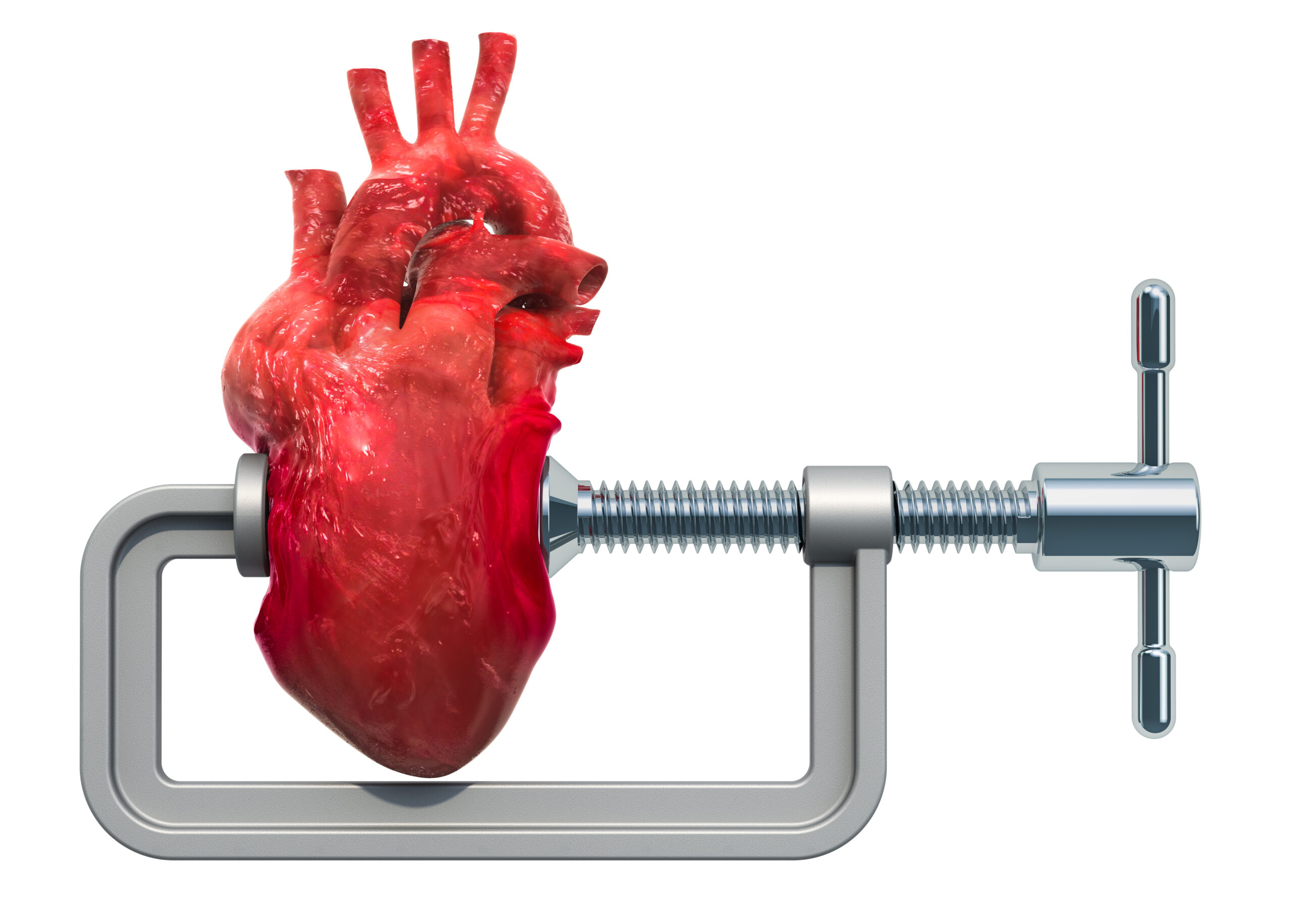
Health News
Features
-
Listen to Your Heart
Man’s Experience Underscores Importance of Advocating for Yourself as a Patient by TERESA SCHIFFER No one knows your body better than you. There may be times when something just doesn’t feel right, and even though you voiced your concern to your physician, you weren’t able to get the answers that put your mind…
-
Know the Numbers: 1 in 4
Don’t Underestimate the Effects of Stress on Heart Health by TERESA SCHIFFER Heart disease accounts for one in every four deaths in the United States. With odds like that, it’s good to know that some contributing factors are within your control. Stress is one of those factors. Everyone experiences stress at some…
-
Game On!
Polk Senior Games Return This Year With Outdoor Activities by CATHERINE CERVONE This year marks the 29th year of the annual Polk Senior Games, the largest of the 20 local senior games held in Florida. Participants who are turning at least 50 years old in 2022 can participate in a variety of…
Columns
-
Medical Advice: Resources available for people living with HIV and AIDS
AS OF DECEMBER 31, 2014, 2,107 individuals were reported as “People Living With HIV and AIDS” (PLWHA) in Polk County. From January 1 to December 31, 2014, there were 112 new HIV cases reported to the Florida Department of Health in Polk County. We believe that even one newly reported case is one too many.…
-
Publisher’s Note: The most comprehensive medical directory for the region is here!
THIS MONTH marks a very special time of year for us at Central Florida Media Group. Inserted within this issue of Central Florida Health News, you’ll find the sixth annual edition of the Central Florida Physicians Directory & Medical Professionals Guide!
-
PCMA Letter: My last letter as your president
IN THIS EDITION of Central Florida Health News magazine, you’ll read about some of the procedures that not only help improve the patient’s physical health, but also quality of life, and in some cases, improve self-esteem. Cosmetic surgery is a procedure that can accomplish one or all of these health goals, and Polk County Medical…




